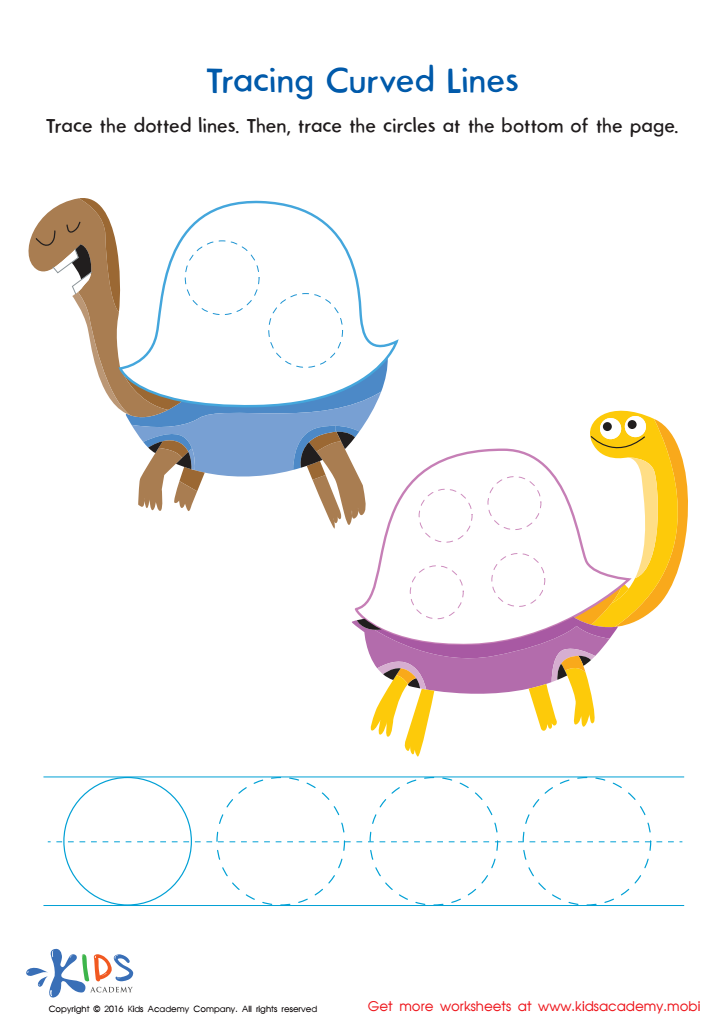Alphabet Worksheets for Ages 3-8 - Page 15
355 filtered results
-
From - To
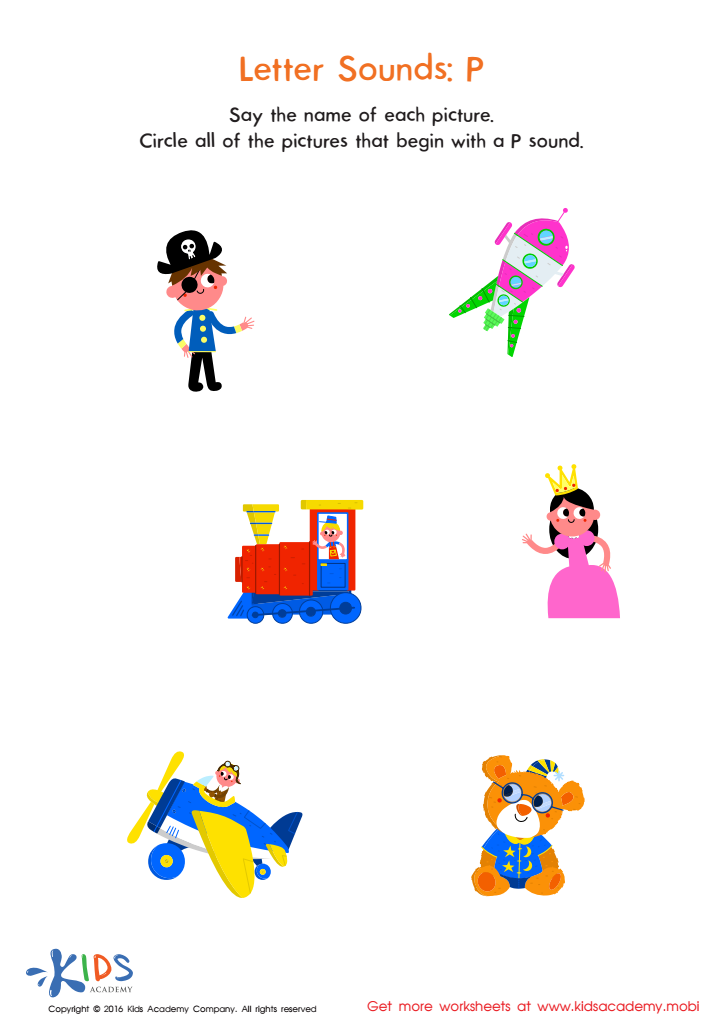

Letter P Sound Worksheet
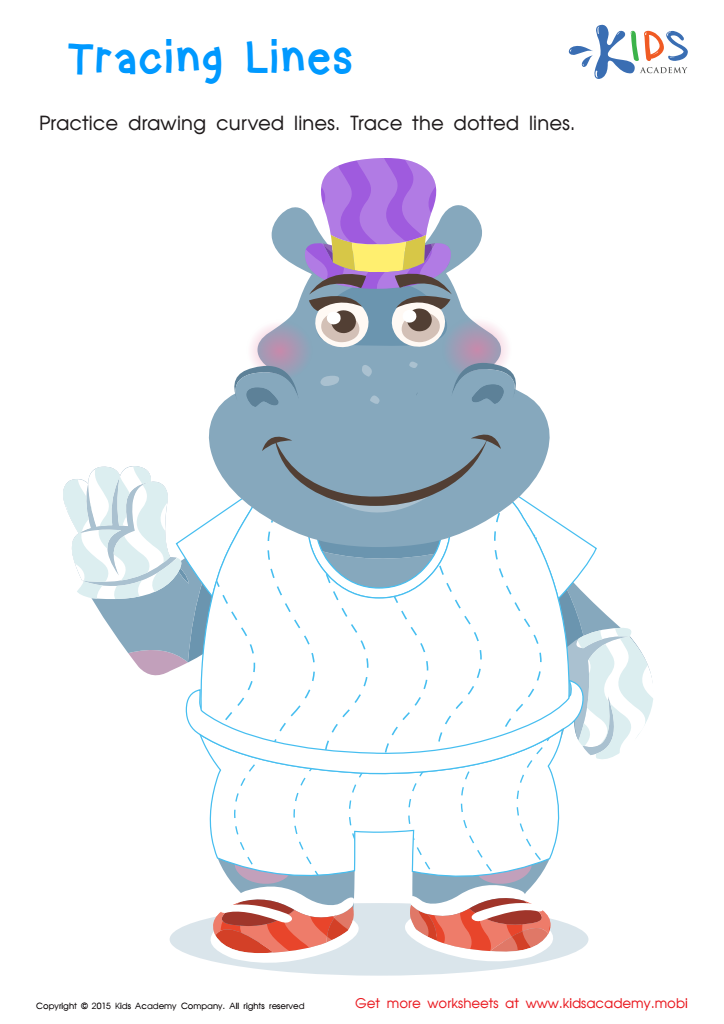

Tracing Lines Worksheet


First Words: Picture Rhymes Worksheet
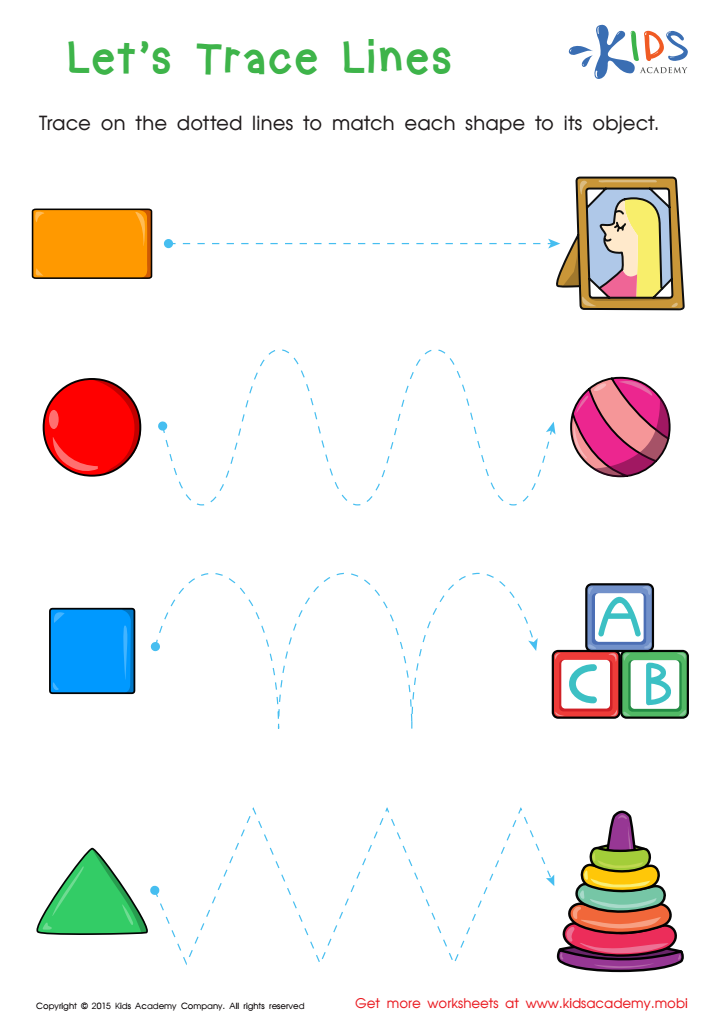

First Words: Let's Trace Lines Worksheet
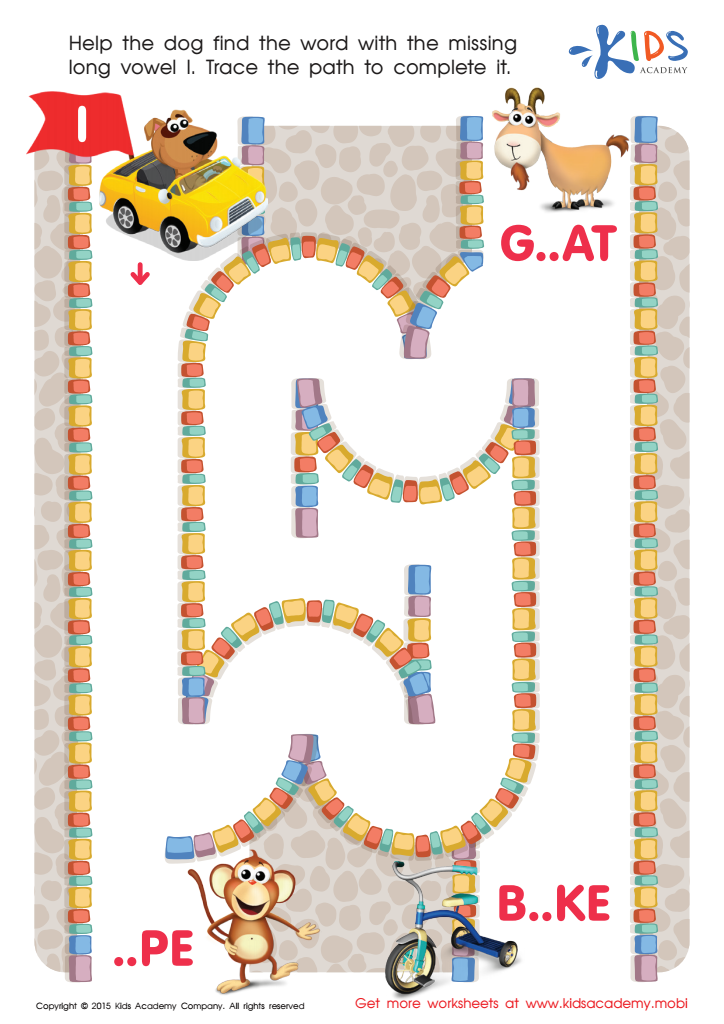

Long Vowel Sound I Worksheet
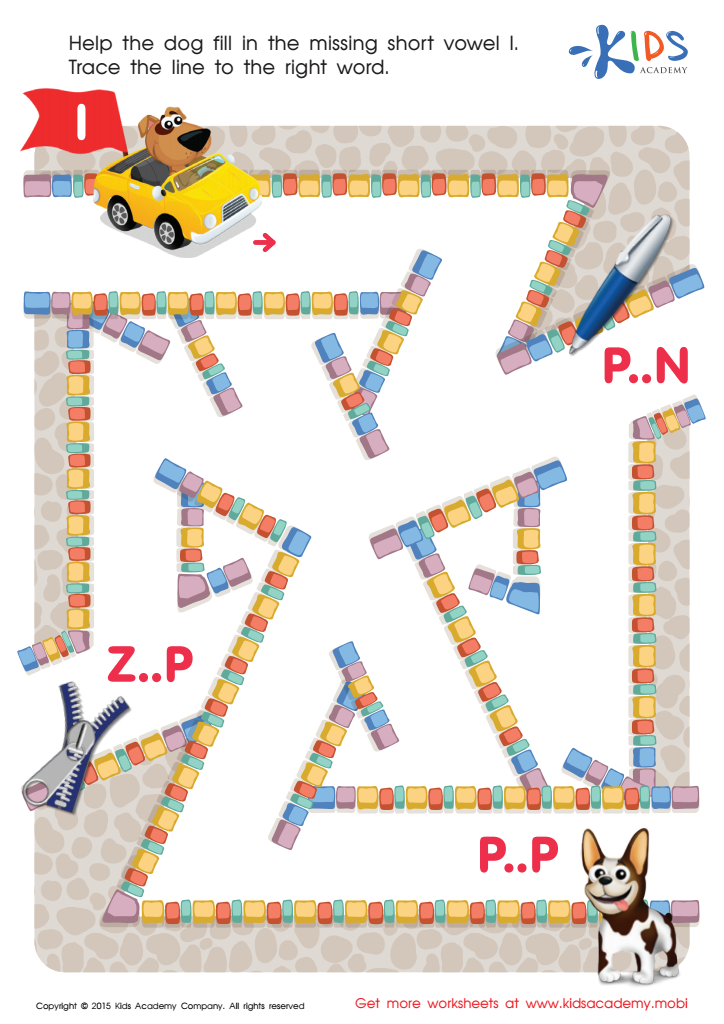

Short Vowel Sound I Worksheet
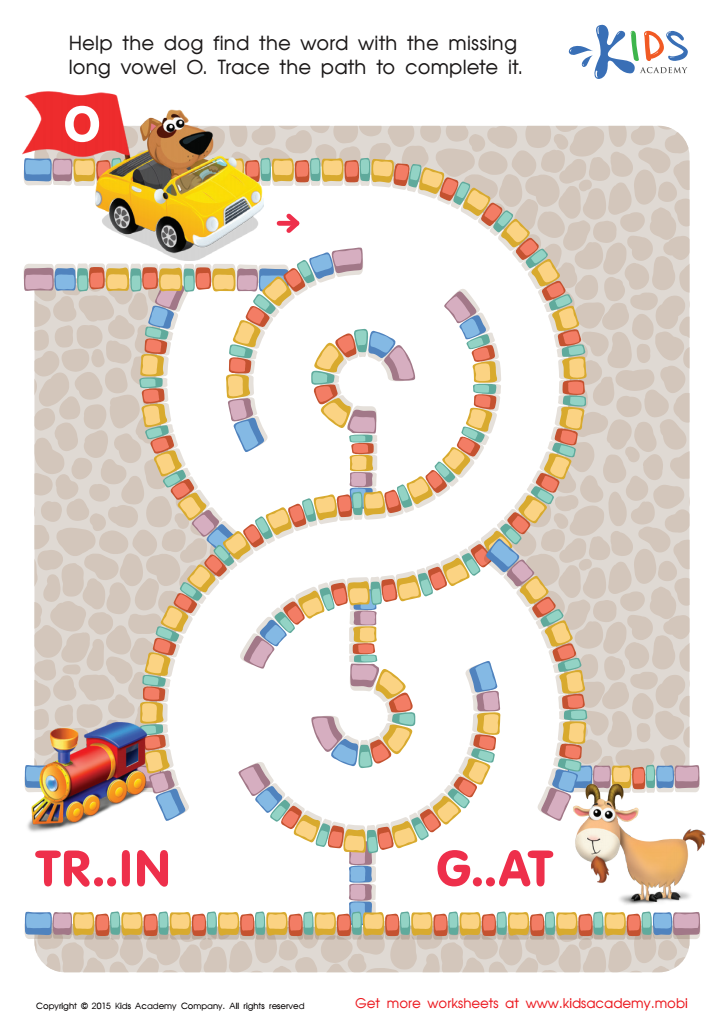

Long Vowel Sound O Worksheet
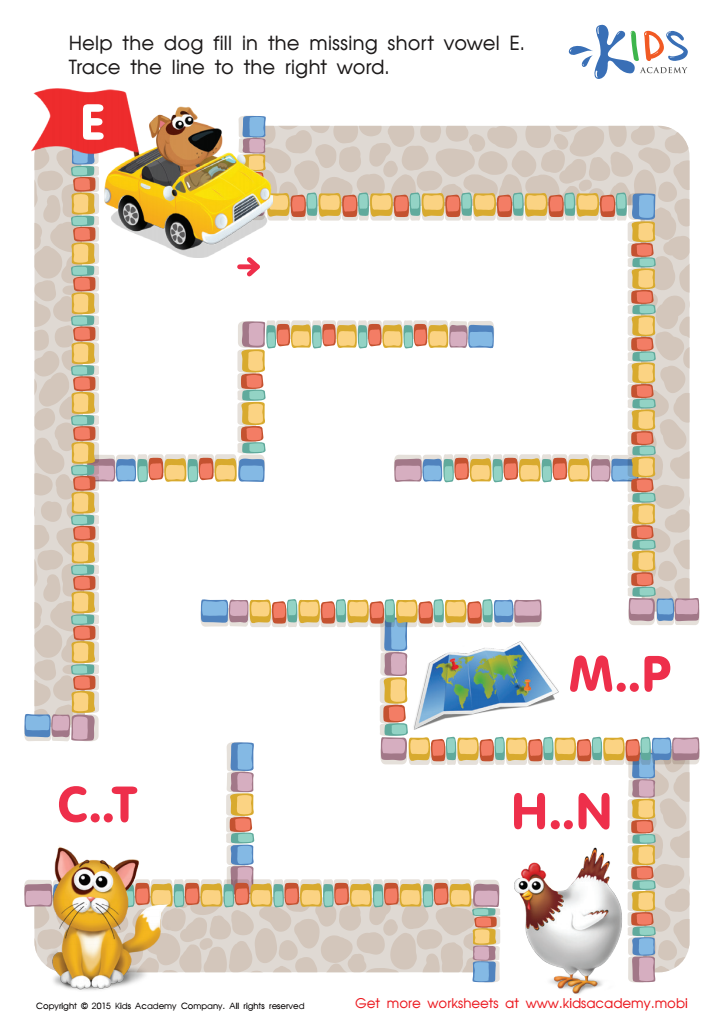

Short Vowel Sound E Worksheet
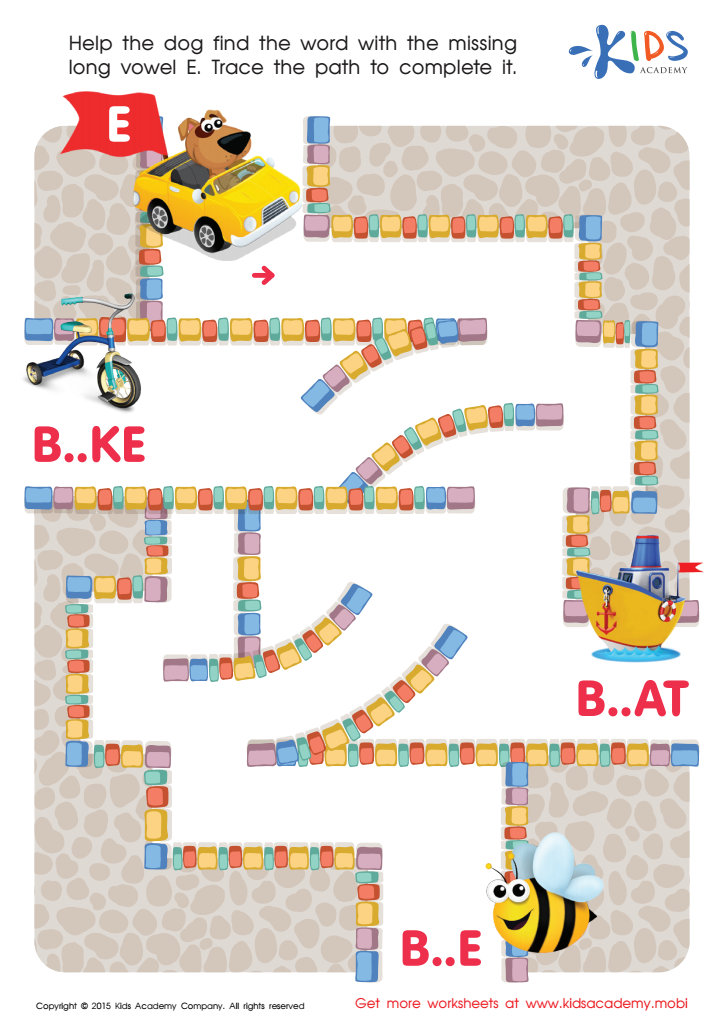

Long Vowel Sound E Worksheet
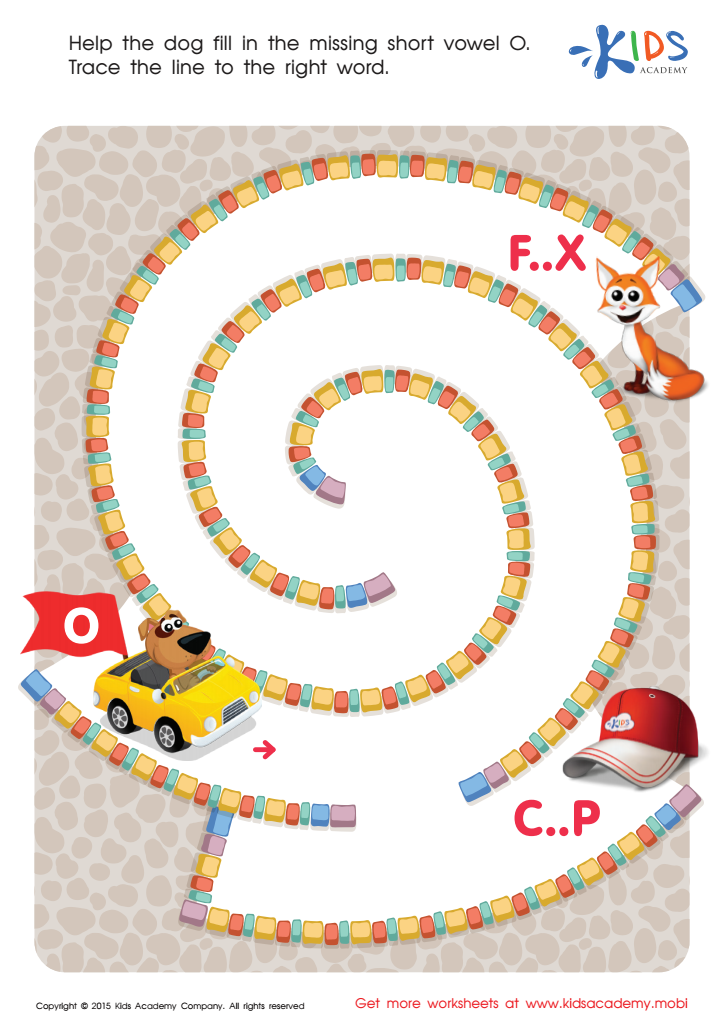

Short Vowel Sound O Worksheet
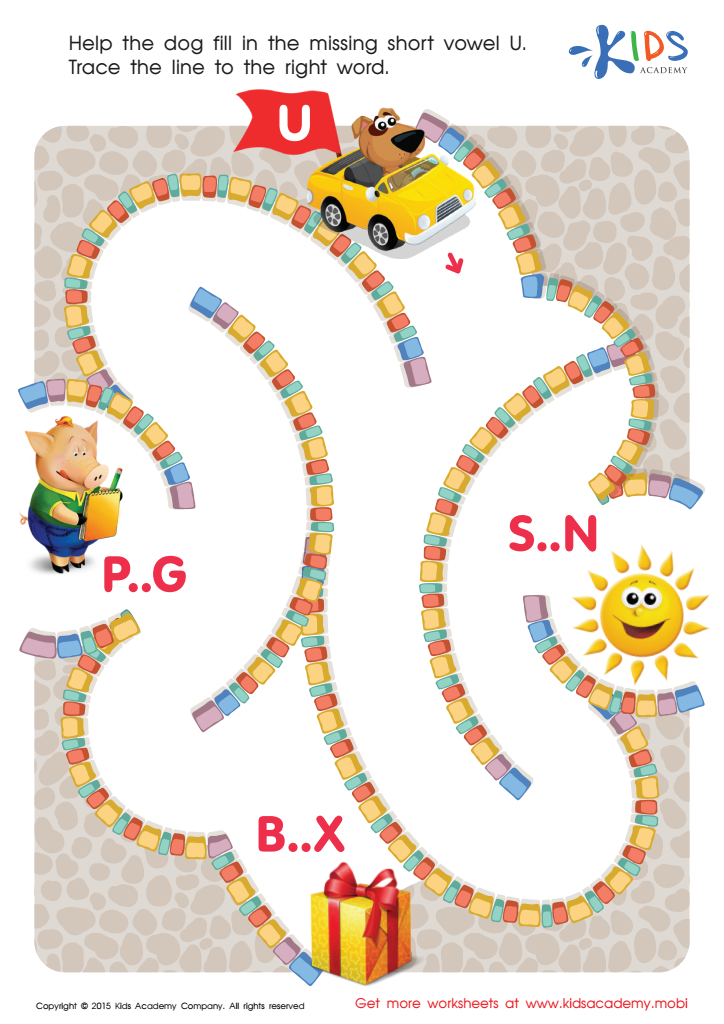

Short Vowel Sound U Worksheet
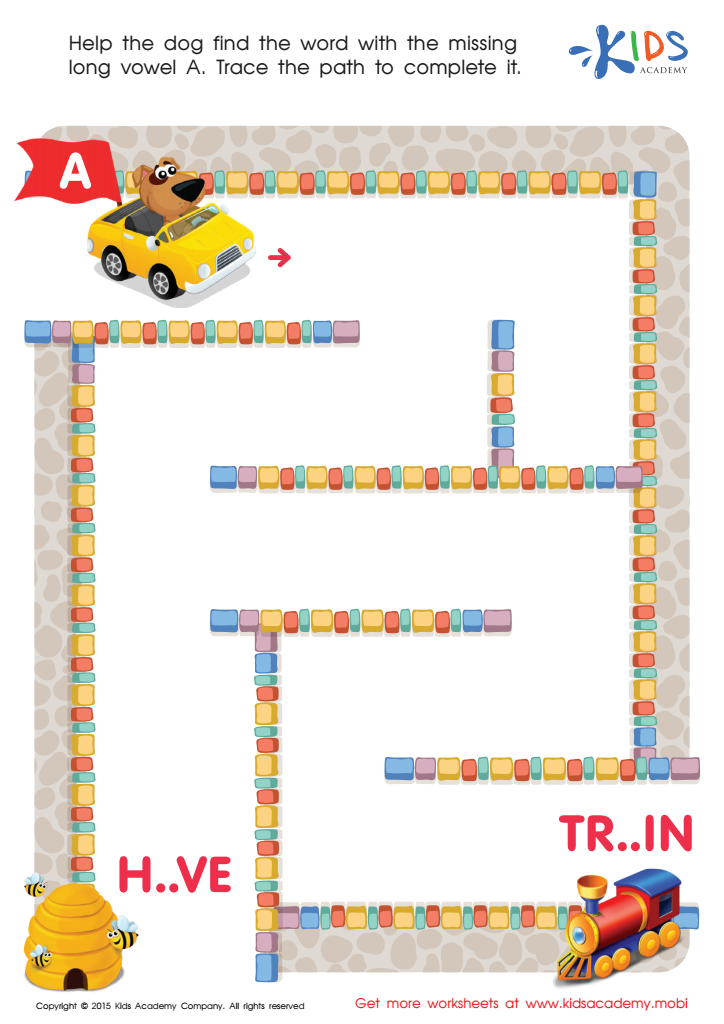

Long Vowel Sound A Worksheet
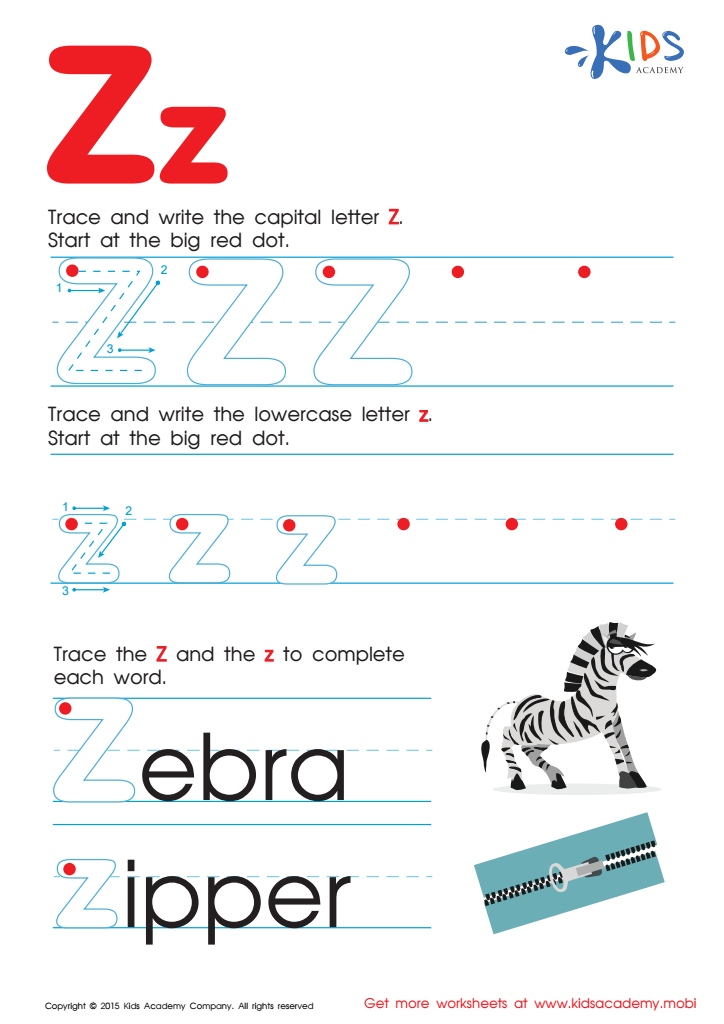

Letter Z Tracing Page
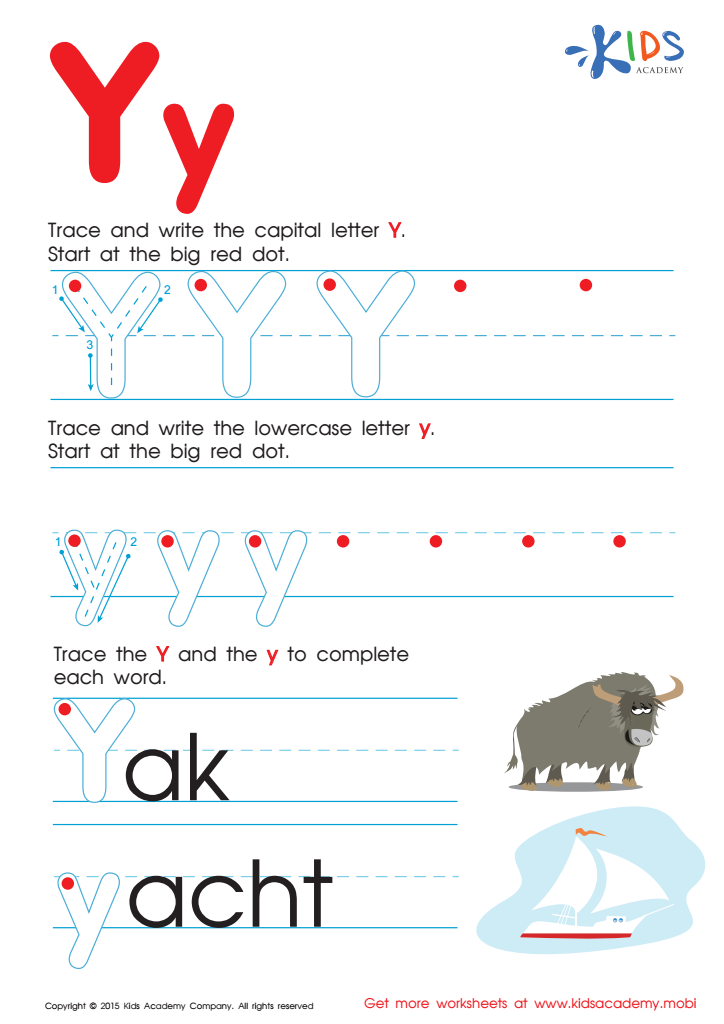

Letter Y Tracing Page


Letter X Tracing Page
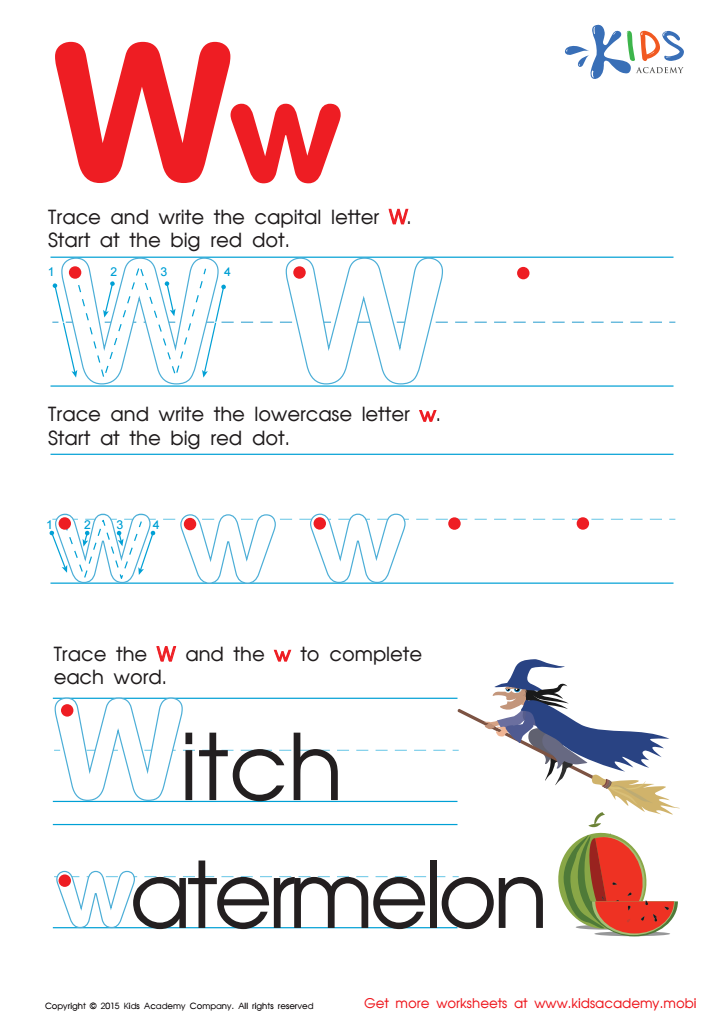

Letter W Tracing Page
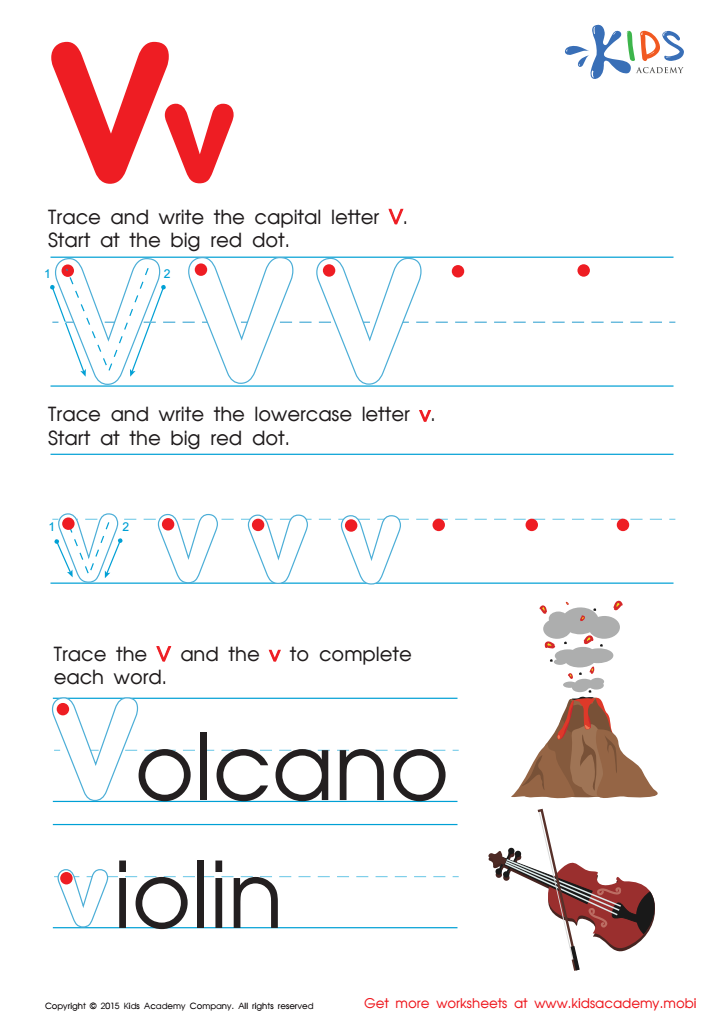

Letter V Tracing Page
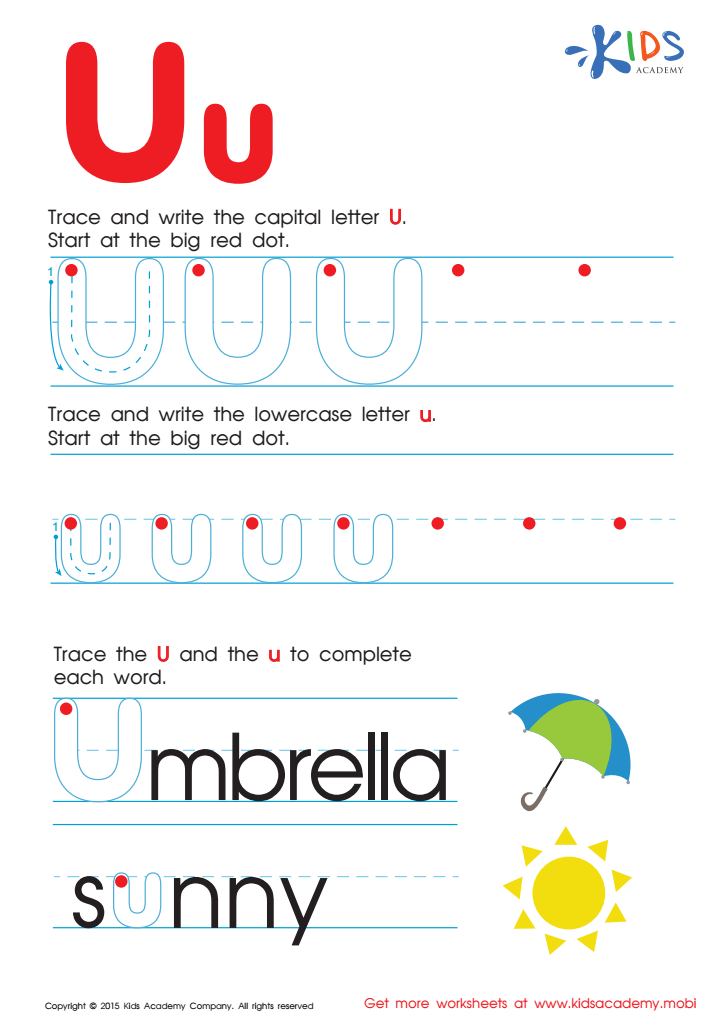

Letter U Tracing Page
Understanding the alphabet is crucial for children aged 3-8, as it forms the foundation for their reading and writing skills. During these formative years, children develop the essential building blocks of literacy that will impact their overall educational journey. Recognizing letters, their sounds, and basic phonics is vital for decoding words, which is a critical skill when learning to read.
Parents and teachers should care about this developmental milestone because exposure to the alphabet enhances a child’s cognitive growth. Engaging with letters through playful activities—like alphabet games, songs, and interactive books—makes learning enjoyable and effective. This approach not only boosts phonemic awareness but also fosters a love for reading.
Moreover, early literacy skills correlate with academic success later on. Children who have a strong grasp of the alphabet tend to do better in school, resulting in improved confidence and motivation. By prioritizing alphabet learning, parents and teachers can create a supportive environment that promotes curiosity, creativity, and communication. Consequently, investing time in alphabet education prepares children for a bright academic future, encouraging lifelong learners rooted in skills that serve essential roles beyond their academic careers.

 Assign to My Students
Assign to My Students

